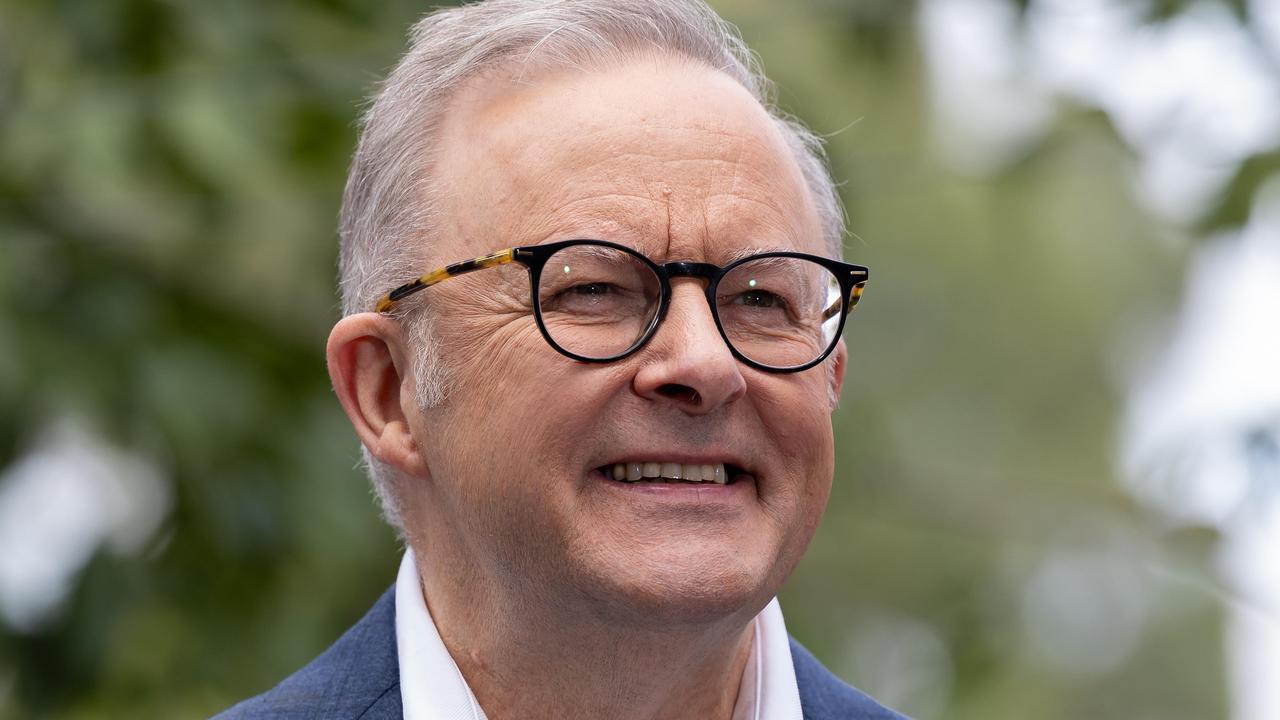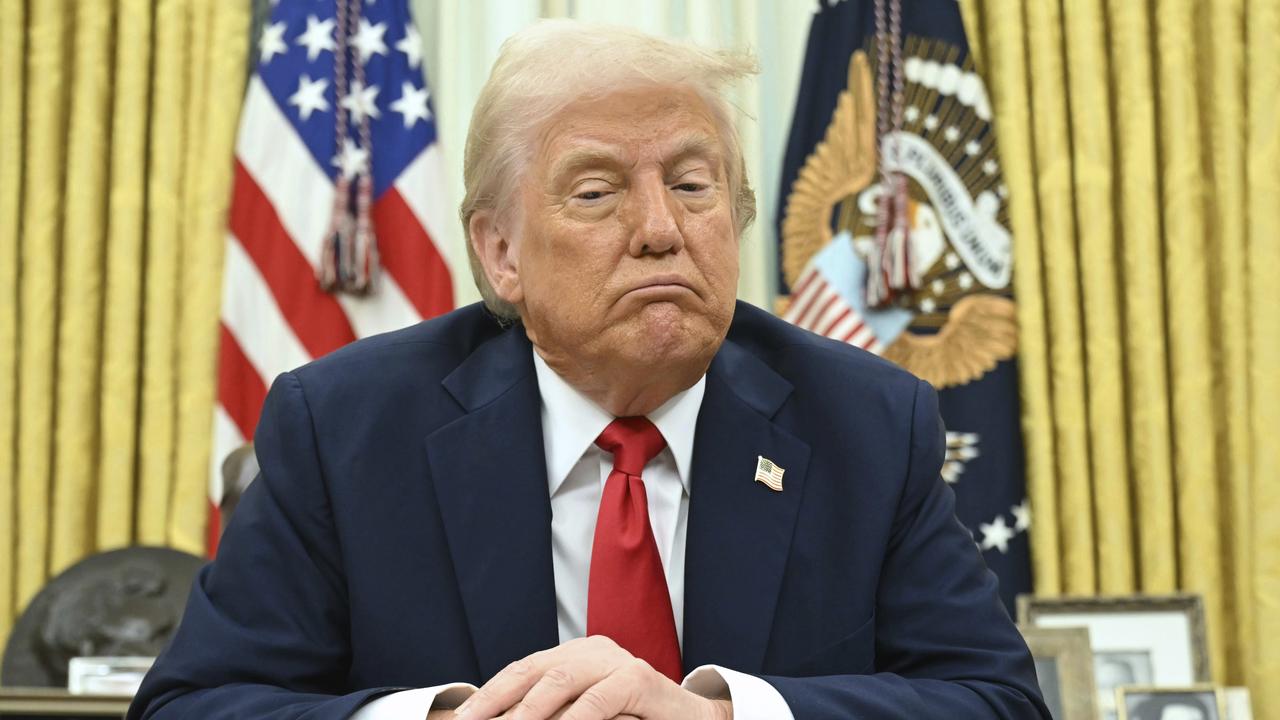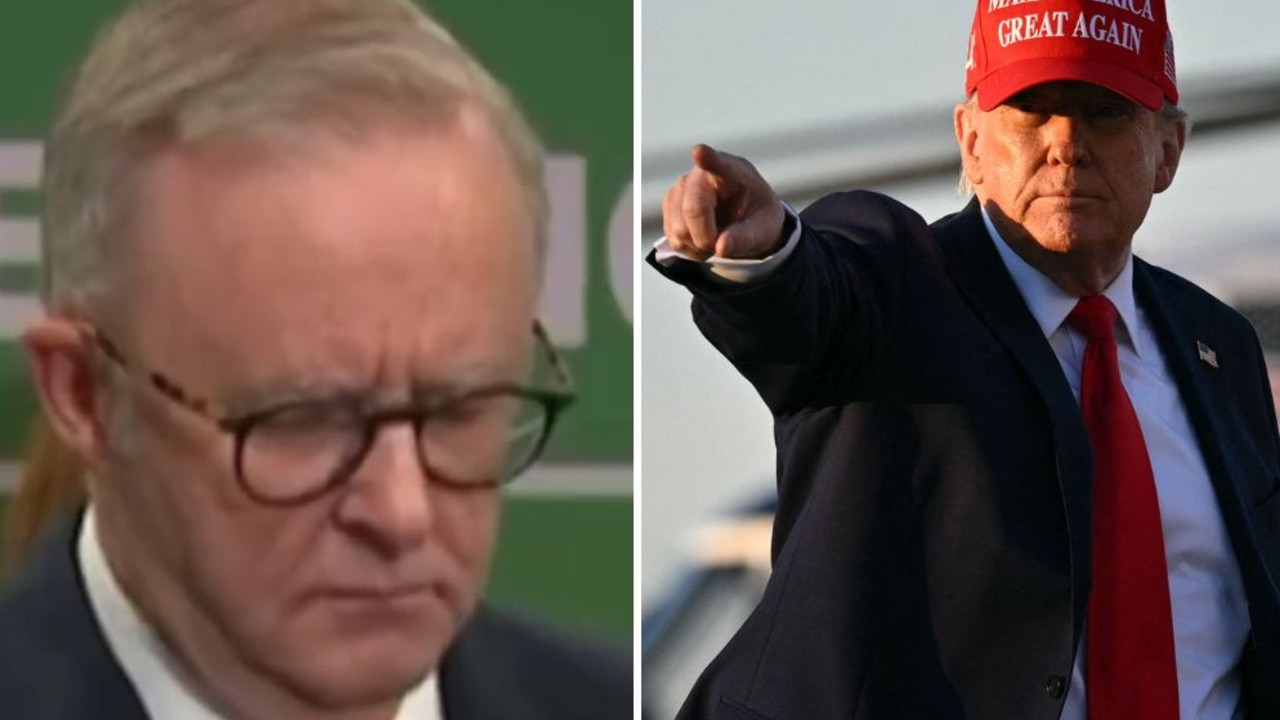What part of ‘free speech’ don’t people understand?
FREE speech is the cornerstone of healthy debates in a democratic society, so why are we constantly trying to censor it?
OPINION
FOR a pair of words that is as self-explanatory as it gets, it always amazes me that “free speech” is a concept so many people utterly fail to grasp.
The richest irony, albeit the most boringly predictable one, is that this so frequently occurs among the so-called intelligentsia, the academic left who seem to spend the bulk of their energies trying to ban short words that mean something and replace them with long ones that mean nothing.
This seems to be the last sad evolutionary stage of the inner-city libertine left, who once scoffed at societal rules in favour of fondue parties and jazz cigarettes only to end up writing the world’s longest list of dos and don’ts.
Don’s party has now become Don’s committee meeting.
And of course neither has anything to do with the actual working-class, who the left once pretended to represent. Try explaining to a Wollongong steel worker why he shouldn’t give his non-binary cisgender daughter a Barbie doll and it’s fair to say the conversation will be a short one. Steel workers, unlike academics, aren’t afraid to say what they really think.
The sinister aspect of the experts’ new world order is that it pretends to be all for free and open debate but at the same time rules any part of the debate that doesn’t comply with these prescriptive rules as out of bounds or illegitimate. This ranges from shutting down a Mexican-themed party on the grounds that it is racist to banning Milo Yiannopoulos on the grounds that he is sexist.
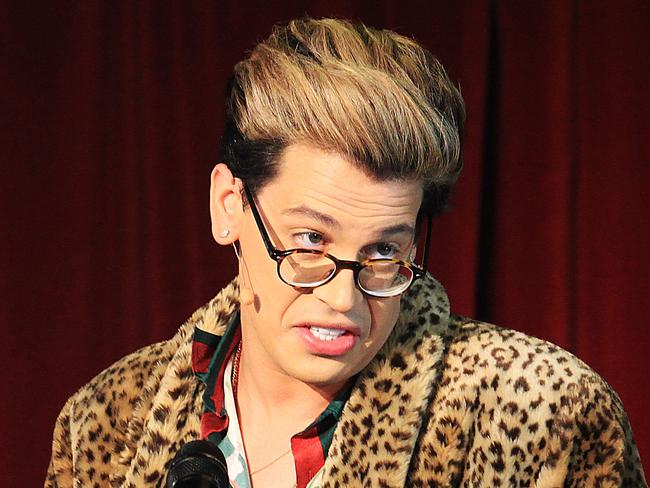
In fact almost any label that ends with an “ism” is used freely to declare people and subjects unfit for discussion, except of course “terrorism” which is instead dismissed as Islamophobia. I wish I was joking about this but I was actually once present at a forum where a news report on a terrorist plot in south west Sydney was presented as an example of Islamophobia and nobody’s jaw dropped except mine. Half the audience just nodded in agreement.
At the heart of all this is the baseline assumption by the authoritarian left that whatever they don’t like should be banned. There is an astonishing inability to comprehend the difference between disagreeing with a point of view and demanding that point of view — and its holder — be banned from public life.
The world famous Voltairean principle of “I disapprove of what you say, but I will defend to the death your right to say it” — which was in fact coined more than a century ago by his female biographer Evelyn Beatrice Hall — is apparently too complex for modern academics to grasp.
I would have thought this a grotesquely paranoid conspiracy of the lunar right had we not in fact seen it happen in legal proceedings brought against a handful of undergraduate students in the infamous QUT case and the attempt to similarly prosecute the late great cartoonist Bill Leak.
Nor was the banning of the Mexican theme party on racism grounds an absurd hypothetical. It actually happened in 2014 at Sydney University, arguably the most prestigious academic institution in the country.
God help us all.
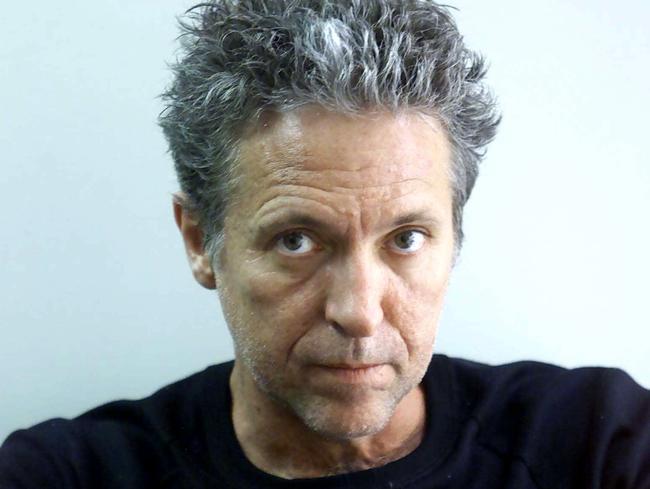
But, as in all good stories, there’s a twist.
You see the right is just as bad as the left when it comes to freedom of speech. And possibly even worse given that these days they are the ones who claim to be the defenders of it.
Perhaps the most spectacular example was the response to Yassmin Abdel-Magied’s now infamous Facebook post on Anzac Day last year, in which she wrote: “LEST.WE.FORGET. (Manus, Nauru, Syria, Palestine ...)”
In doing so she invoked the three most sacred words to Australian veterans on this most solemn of occasions, only to tie them to complex and divisive issues almost completely removed from this day of remembrance.
It was an idiotic, immature and entirely inappropriate act from a young and self-evidently naive public figure. And the reaction was, understandably, immediate, emotional and enormous. I have no disagreement with the outrage it caused and, having never served, probably couldn’t fully understand that outrage if I tried.
But what I could not agree with, as I said at the time, was the idea that she should be banned from saying such things or fired from her various government or ABC roles for having done so.
To Yassmin’s credit she quickly apologised for the post once she realised how offensive it was, but that is almost immaterial. Far more important is that she was expressing an opinion that was offensive, unpopular and ill-thought out. And it is precisely the freedom to do that for which so many of our servicemen and women have fought and died. Freedom of speech is nothing if it is only the freedom to agree.
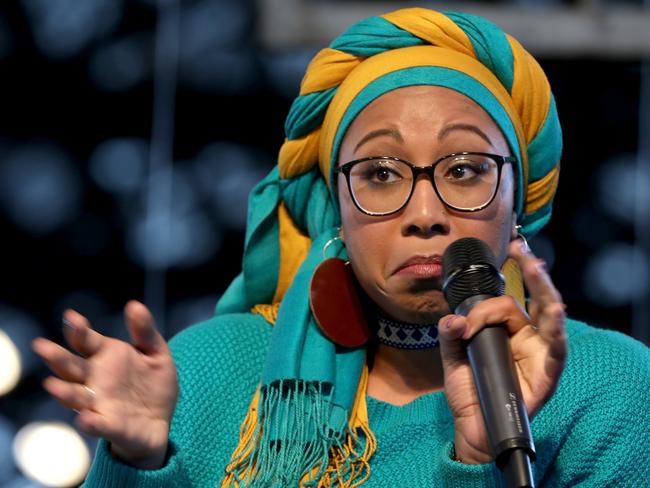
This brings us to the latest free speech flashpoint of the ABC and the right, namely a skit on the Tonightly with Tom Ballard in which the Australian Conservatives candidate at the Batman by-election was jokingly labelled a “c**t” by another comedian on the show.
This has led to Australian Conservatives founder Cory Bernardi lodging an official complaint against the “completely unacceptable” segment and the moderate Communications Minister Mitch Fifield saying it “crossed a line”. Both have demanded an apology.
As the conservative media commentator Gerard Henderson has painstakingly catalogued, there is a lot of swearing on Tonightly, much of which appears to be in response to jokes falling flat — a pain I myself know only too well.
It is also probably worth noting that writing and producing a daily satirical show is a pretty tough ask in such a small political market as Australia, where most of the jokes have already been elected to Parliament.
And there is a fair debate to be had about ABC bias and whether if the Greens candidate had been called a “c**t”, would the show have even made it to the final credits without the building being burnt to the ground?
But again, these questions are immaterial when set against a far more important principle: Should the government be able to ban criticism of politicians? Should the government be able to ban jokes about politicians?
Anyone who believes in democracy knows there is only one answer to this: No.
But where is the line? Should the government be able to ban criticism if the criticism gets too crude? Or ban jokes if the jokes get too rude?
Anyone who believes in free speech knows there is only one answer to this: F**k no.
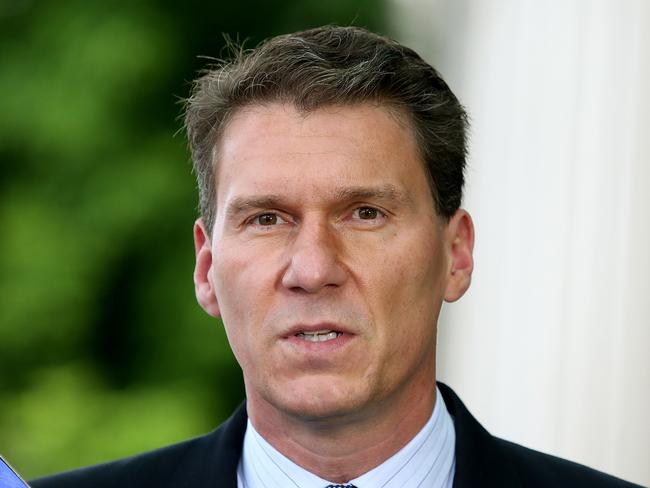
Only a couple of months ago Cory Bernardi was indignant when Spotify made the absurd decision to shut down his patriotic playlist of songs to celebrate Australia Day, following protests from some of the musicians involved.
He was right. Which only makes it all the more absurd now for him to claim that a late night parody skit should be shut down for calling one of his candidates a rude word.
Meanwhile, there are no doubt plenty of ABC viewers who might want to ask themselves why it’s fine to call a former Australian soldier a “c**t” on national television and yet a cartoon illustrating the cycle of indigenous disadvantage should be banned for causing outrageous offence.
The funny thing about free speech is how quickly it makes fools and hypocrites of the most self-important and morally righteous — but then again that’s always been the point of it in the first place.


